
Just saw the new short HYPOCHONDRIA OF THE HEART by director/producer Janna Kyllästinen as part of the Bushwick Open Studios Festival. The film explores diverse understandings of nostalgia – from a 17th century medical illness through what is known as a “hypochondria of the heart” treated by poets and artists. The main protagonist is Harvard professor, artist and immigrant Svetlana Boym who builds meaning from fragments of memory, taking the audience on a journey through the art and science of nostalgia.
Beautifully shot and craft-fully edited weaving together various new and archival materials, the documentary almost feels like a meditation on the topic of nostalgia. And since this is a topic I deeply care about too, I decided to ask Janna a few questions:
MS: How did you choose to document something that’s so difficult to capture on film?
JK: I’m fascinated by ideas, concepts and words. Getting the emotions that those ideas create come through visually on film is definitely a challenge. In this film I experimented with a triptych of history, science and personal experience. Illustrating words and theories is difficult, but also very rewarding.
MS: What do you believe remains in our memories when we think of the past?
JK: Memories are tricky and fascinating constructs. Like professor LeDoux explains in the film, a memory is stored in multiple pieces in the system of our brain, and every time reconstructed from those pieces when used, and dismantled, stored away or “reconsolidated” afterwards. So in a way a memory doesn’t even exist if it’s not used, at least not as a “whole”.
MS: Is the kind of painful nostalgia Svetlana talks about only applicable to refugees?
JK: I think Svetlana’s longing for home, and the taboo of nostalgia, is definitely something that is typical to refugees, but even on my own part, having left my home country voluntarily, I do identify with the painful emotions she expresses in her art and writing. Someone once said that “when you’ve left one country, you’ve left all countries, forever”. I interpret that as an immigrant really has two homes, and at the same time no home at all.
MS: With people changing occupations and locations more and more often, isn’t nostalgia something of the past?
JK: Quite the contrary, I think nostalgia might be one of the most determining ideas of our whole society these days. Think of all the popular culture that is built on nostalgia, polishing bits of the past, recycling them, and selling them on for more profit. But I guess you might also be right in that the “nostalgic human” could become extinct, as we need to adapt to rootlessness, mobility, and inevitable progress.
For a sneak preview of the film, check out the trailer below. For information on future screenings, follow Awen Films.
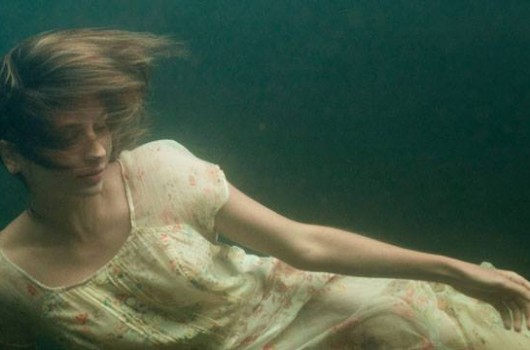
Directed by Brazilian Petra Costa and co-produced by Fernando Meirelles (City of God) and Tim Robbins, ELENA is one of the must-see docs of the year.
The film tells the story of director Petra Costa searching for her long-lost sister Elena who came to New York to pursue her acting dream. Gradually, the features of the two sisters are confused; we no longer know one from the other. When Petra finally finds Elena in an unexpected place, she has to learn to let her go. ELENA is a film about the persistence of those memories, the irreversibility of that loss, and the impact the absence of her sister had on the seven-year-old girl.
I had a chance to watch it at one of the pre-screenings at Columbia University and was mesmerized by it's deeply touching intimate story and stunning visual aesthetics so if possible make sure you watch it on a big screen!
ELENA premieres tomorrow, May 30th at the IFC Center in NYC. The screening will be followed by a brief discussion with Jonathan Caouette (Director of Tarnation), Alan Berliner (Director of First Cousin Once Removed), Petra Costa (director), moderated by Sarah Salovaara (Filmmaker Magazine).
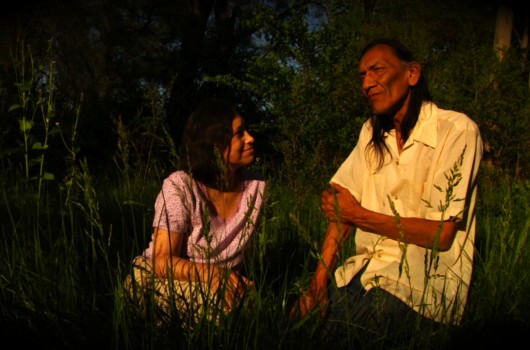
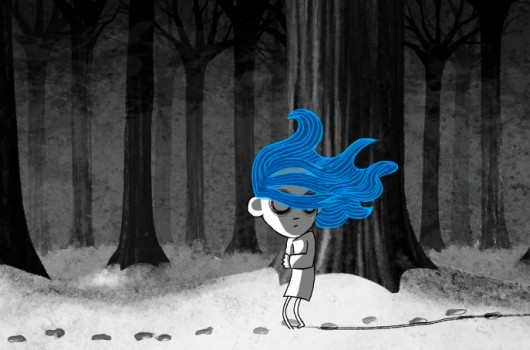
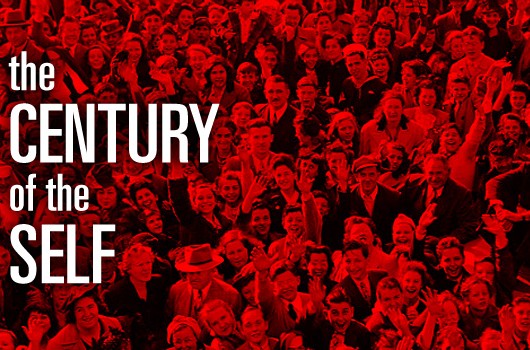

Saw another one of the Oscar contestants: Cutie and the Boxer. The story follows the 40-year marriage of painter Ushio Shinohara, known for his boxing avant-garde paintings, and his wife, Noriko, who gave up her own career as an artist to focus on her husband.
The film is an honest snapshot of a difficult and dramatic, yet beautiful long-term relationship. It lacks any sugar-coating and explores the issues of resentment, financial anxiety and alcoholism, often part of the creative process.
This is a first time feature for director Zachary Heinzerling which brought him the Sundance Film Festival’s Best Director Award. Check it out (now on Netflix)!

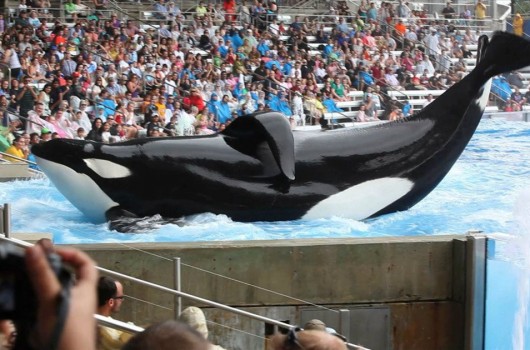
Had to spend the last two days at home as I am fighting some virus. As a result I had a true home movie marathon. So finally, after postponing for probably a year, I watched Blackfish. I knew it would upset me deeply and it did. Not only because I love animals (who doesn't?) and because I am a scuba diver (which is also becoming more and more popular often with bad consequences for the environment), but because I cannot believe how our society is being tricked over and over again by big ass corporations like SeaWorld. How is it possible that 'accidents' where the whales have killed the trainers would be hidden and the same whales would be moved around the country to kill more people? Doesn't is sound like insanity that the whale who killed two people would be used to breed hundreds of more animals used for this barbaric entertainment? And the obvious question - how would you feel if you spend your life in a bath tube? Slightly upset?
There have been no recorded accidents with killer whales in the wild, however the recently announced accidents at SeaWorld are over 80. Let's forget the animals for a second, what does that say about safety for the people working there? It just screams "SHOW US THE CASH".
SeaWorld and others like them should be banned and shut down, together with all the zoos. The only way for that to happen is for people to STOP PAYING THE TICKETS. If we want to show our children animals let's teach them some respect for the wildlife while there is still some left...

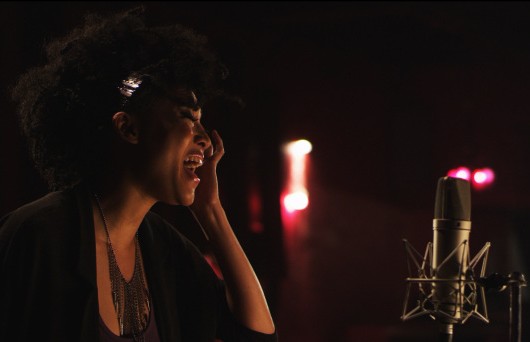
Saw this year's Oscar doc Twenty Feet from Stardom last night. It's about the back-vocal singers behind some of the best-known musicians and it is all right. What I can't understand is how can this film get the award in a competition with films like The Act of Killing and The Square. They are on a totally different level in so many ways...
To me the documentary Oscars are important as they have the power to put a spotlight on pressing global issues like one of the biggest crimes against humanity, which no one speaks of, or the complicated results of the Egyptian Revolution. Much like the comparison of the TIME magazine covers around the world and in the US, it seems like the Academy prefers the 'feel good' movies to the ones that really matter. Throwing in a few celebrities also seems to help a lot. The film has no narrative arch, no developed characters or special cinematography. I admit I was singing along as the soundtrack is amazing but I was expecting so much more.
Just a suggestion - maybe the time to add a new Oscar category of Foreign Documentary has come?




